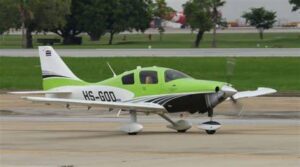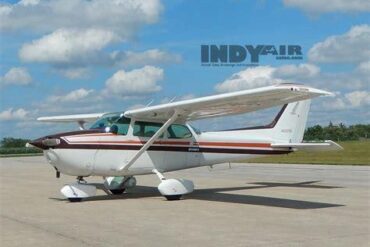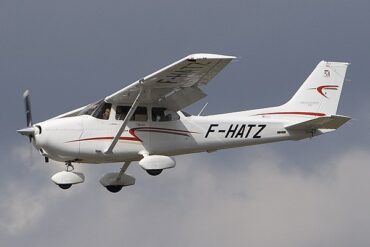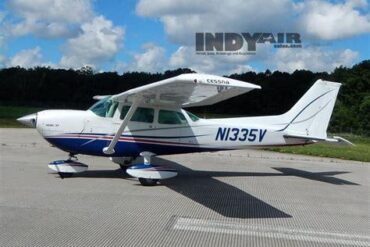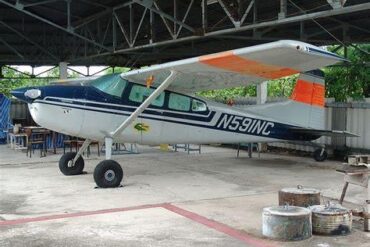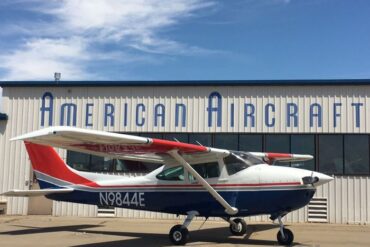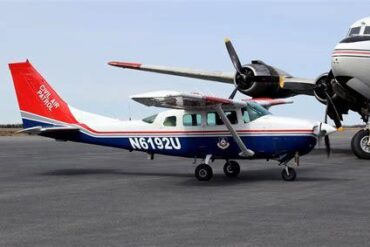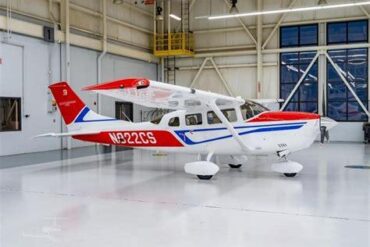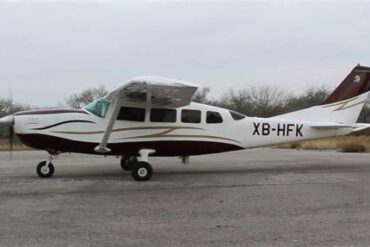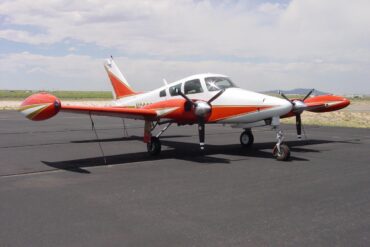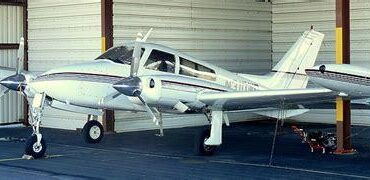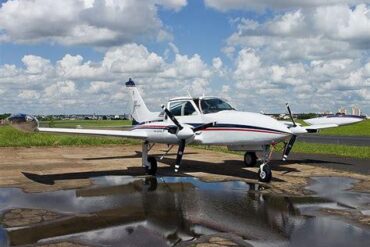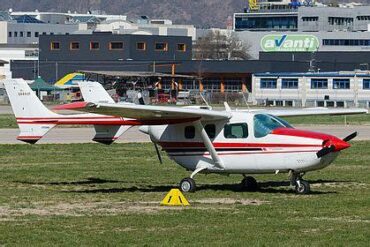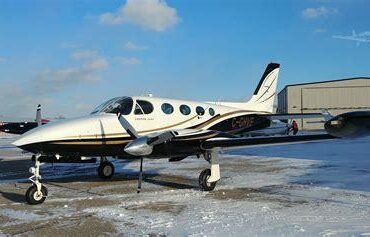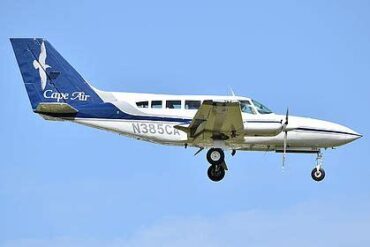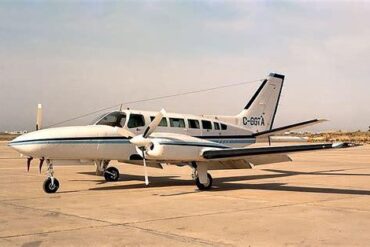The Cessna TTx is recognized as one of the fastest single-engine piston aircraft on the market, boasting both luxury and performance. As an aircraft that marries cutting-edge technology with refined engineering, it has become a preferred choice for pilots who demand speed, reliability, and comfort. Understanding the Cessna TTx’s price and operating costs is crucial for prospective buyers, as these factors play a significant role in ownership decisions.
Cessna TTx Purchase Price
When considering the purchase of a Cessna TTx, it’s essential to understand the initial acquisition costs. The Cessna TTx, which was originally priced around $733,950 in its base configuration when it was introduced in 2013, can vary widely depending on several factors such as year, condition, avionics package, and additional options.
New vs. Pre-Owned Cessna TTx
While the Cessna TTx is no longer in production as of 2018, the market for pre-owned TTx aircraft remains robust. The price for a pre-owned Cessna TTx can range from $600,000 to $900,000. The variance in pricing is largely dependent on the aircraft’s total flight hours, maintenance history, and the inclusion of any upgrades or modifications.
Factors Influencing Purchase Price
-
Avionics Package: The Cessna TTx is equipped with the Garmin G2000 avionics suite, which is highly regarded for its advanced features and user-friendly interface. However, additional upgrades, such as synthetic vision or enhanced autopilot systems, can increase the overall purchase price.
-
Condition and Maintenance: A well-maintained aircraft with a comprehensive maintenance log will command a higher price. Buyers should be vigilant about the aircraft’s history, including any significant repairs or overhauls.
-
Location: Aircraft prices can fluctuate based on geographic location due to factors such as demand, availability, and import/export taxes.
Operating Costs of the Cessna TTx
Operating a Cessna TTx involves several ongoing expenses beyond the initial purchase price. These costs can be categorized into fixed costs and variable costs.
Fixed Costs
Fixed costs are expenses that remain consistent regardless of the number of flight hours. These include:
-
Hangar Fees: Depending on the location, hangar fees can range from $300 to $1,500 per month.
-
Insurance: Aircraft insurance is essential and typically costs between $6,000 and $12,000 annually, depending on the pilot’s experience, the aircraft’s value, and the coverage level.
-
Annual Inspection: The annual inspection is a mandatory, comprehensive check of the aircraft, costing between $3,000 and $5,000.
-
Subscription Services: The Garmin G2000 avionics suite requires regular updates for navigation data and charts, typically costing around $500 to $1,000 per year.
Variable Costs
Variable costs are directly related to the aircraft’s usage, including:
-
Fuel Costs: The Cessna TTx is powered by a Lycoming TIO-540-AK1A engine, consuming approximately 16 to 18 gallons per hour (GPH) of 100LL Avgas. With fuel prices averaging around $6 per gallon, the hourly fuel cost is roughly $96 to $108.
-
Oil Changes: Regular oil changes are required approximately every 50 flight hours, costing between $200 and $400 each.
-
Engine Reserves: To plan for engine overhaul, owners should set aside funds in an engine reserve. The TBO (Time Between Overhaul) for the Lycoming TIO-540-AK1A is around 2,000 hours, with overhaul costs typically ranging from $40,000 to $50,000. This translates to an hourly reserve cost of $20 to $25.
-
Landing and Handling Fees: Depending on the airport, landing fees can range from $25 to $200 per landing.
Depreciation and Resale Value
Depreciation is another factor that affects the overall cost of ownership. While aircraft generally hold their value well, the Cessna TTx experiences depreciation like any other asset. It is estimated that the TTx depreciates at a rate of 5% to 7% per year. However, this can be mitigated by proper maintenance, regular use, and keeping the aircraft updated with the latest avionics and safety features.
Maintenance and Repair Costs
Maintenance costs for the Cessna TTx can vary based on the aircraft’s age and usage. Routine maintenance such as oil changes, tire replacements, and brake servicing are ongoing expenses. Additionally, unexpected repairs can occur, such as avionics issues or engine malfunctions. On average, owners should budget approximately $5,000 to $10,000 annually for maintenance and repairs.
Cost Comparison with Other Aircraft
When evaluating the operating costs of the Cessna TTx, it is helpful to compare it with similar aircraft in its class, such as the Cirrus SR22 and the Mooney Acclaim. The Cirrus SR22, while similar in performance, typically has slightly higher operating costs due to its parachute system maintenance and higher fuel burn. The Mooney Acclaim, on the other hand, is known for its efficiency but may have higher acquisition costs.
Cessna TTx vs. Cirrus SR22
-
Purchase Price: The Cirrus SR22 is generally priced higher than the Cessna TTx, with newer models ranging from $700,000 to over $1 million.
-
Fuel Efficiency: The SR22 burns approximately 18 to 20 GPH, slightly more than the TTx.
-
Maintenance: The Cirrus’s parachute system requires repacking every 10 years, at a cost of around $15,000 to $20,000.
Cessna TTx vs. Mooney Acclaim
-
Purchase Price: The Mooney Acclaim is priced similarly to the TTx, with pre-owned models ranging from $600,000 to $900,000.
-
Fuel Efficiency: The Acclaim is slightly more fuel-efficient, burning 14 to 16 GPH.
-
Maintenance: The Acclaim’s operating costs are comparable to the TTx, though its complex systems may require more frequent maintenance.
Conclusion: Is the Cessna TTx Worth the Investment?
The Cessna TTx stands out as a high-performance aircraft with relatively predictable operating costs. For pilots seeking speed, advanced avionics, and a sleek design, the TTx is a compelling option. While the initial purchase price and ongoing costs are significant, the investment in a Cessna TTx can be justified by its performance, reliability, and overall ownership experience. Prospective buyers should conduct thorough research and consult with experienced owners to fully understand the financial commitment involved.
